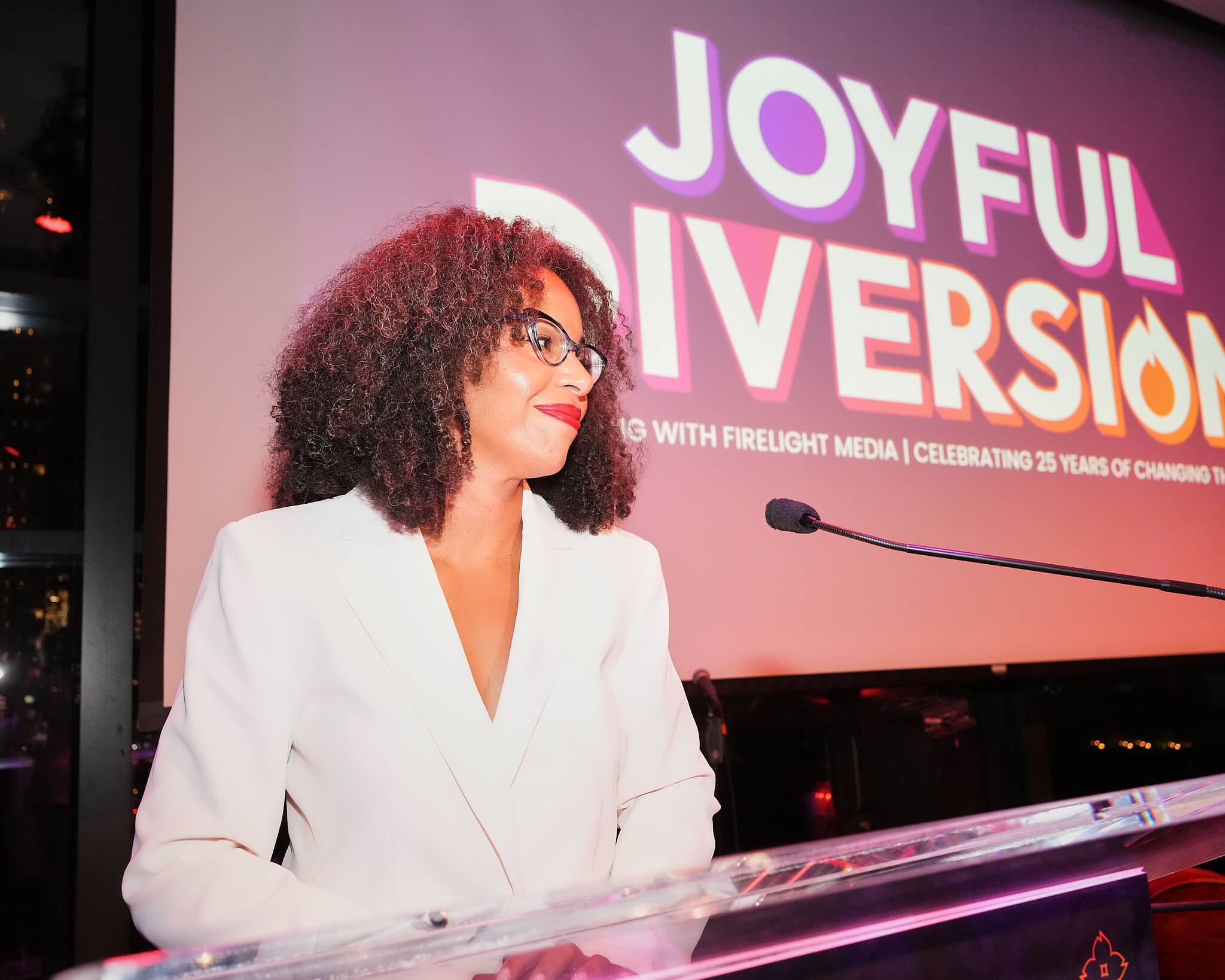Feeling Empowered (and Focused) on Checking Imbalance Within Doc Filmmaking
How do you build community in the time of coronavirus?
How do you reestablish and maintain ties with peers over Zoom at that?
I wasn’t sure I’d be able to whip up the energy necessary to participate as our Firelight Media documentary lab cohort reconnected for our final retreat — this time virtually.
We were scheduled to meet in New Orleans but COVID-19 had other plans. The prospect of sitting in front of our computers in our private homes, two hours a day, three times a week for four weeks, while the world outside was drastically changing by the day, didn’t sound enticing. But it was better than a full-on cancellation, like so many other events and opportunities were forced to do because of our public health crisis.
Plus, Firelight’s expert staff of Chloe, Ximena, Loira and Monika had bent over backwards to obtain an All-Star roster of veterans from public media, streaming platforms, film festivals and the social impact world to speak about the state of the industry that, like our lives, was so much in flux. They didn’t have to put in this work, especially during this time, but they did. It speaks volumes to their character and commitment to the documentary lab.
Our first day in front of the webcam, when asked what I hoped to gain from our retreat, I responded “focus,” not knowing the seeds for something else were being planted in our sessions.
Since March, my attention had shifted from my documentary film in progress to the wellbeing of my immediate family, especially my 78-year-old mother who was living in long-term care. I had not seen her face-to-face in months, and still have not besides the weekly video call and one-time car parade in May by her facility.
COVID-19 had wrecked all of our cohort, some more than others. And in our first meeting, we were able to bare ourselves and share some of that pain.
It didn’t matter that our emotional outpouring was happening over Zoom. What Firelight had built between our group before coronavirus separated us was a kinship draped in faith, love and support. That unity, despite being separated, picked up immediately. Firelight was there with their rallying cry of sorts, “What do you need from us?” Holding a safe space to laugh, cry, emote, and joke was more than therapeutic, it was necessary.
Then George Floyd was murdered by a police officer.
We screamed. We protested.
Calls to be an ally seemed authentic for some, but it was hard to tell if others were mere performance, especially in our documentary field, where countless times the mainstream industry seems to miss vital opportunities to work with BIPOC filmmakers and instead prioritizes the white gaze when telling stories about our communities.
By the flickering light of our computer monitors, tired of persisting with the status quo, my Firelight cohort brainstormed. We listened, gave support and had each other’s backs, because the success of one is shared by all.
The definition of success for me has changed through my Firelight fellowship. It’s not just about finishing your film and finding the right distribution platform and ready audience. Success can have many faces, like finally calling those to task for their exploitative ways.
During our retreat, I was approached by a production company looking for filmmakers to “collaborate” with on a sweeping COVID-19 documentary. The film would be directed by an Oscar-nominated filmmaker, of course.
They were looking for filmmakers to potentially work with a “co-director” in hopes of finding a Black family in a community ravaged by COVID-19 that had now been moved toward activism. The logline read straight out of central casting. “Was I shooting anything like that?” the email inquired.
I was angry at what I read but I wanted to have a face-to-face conversation with the company so I could hopefully engage more intimately. I wanted to give them a chance to fully explain their pitch and then have a dialogue.
I must have made a mistake though because in my reply, I wrote that although I wasn’t filming anything of that sort, I would be interested in hearing more. “Could we talk later in the week?”
I never got a response.

There is nothing I “love” more than someone who doesn’t respond to an email. It seems to be a frequent tactic held by gatekeepers who, with those actions, appear quick to judge, reluctant to provide feedback and ready to cast you aside in this make-or-break world of filmmaking.
Several days later, another production entity wrote to me, basically reaching out to their network of filmmakers on behalf of the company producing the COVID-19 documentary. The language of the ask had changed slightly. They were no longer looking for “co-directors” to help tell their sweeping tale. The collaborative nature of the project would need to be an on-going conversation, which to me, made the ask even more off-putting.
Motivated by conversations I had throughout the month within my cohort, I wrote back about my failed attempt to get a reply from said production company once I told them I wasn’t filming what they were looking for. Frankly I was done working with people looking to gain access into my community through myself and other BIPOC filmmakers when there’s a crisis.
“They are nowhere to be found when our stories aren’t dealing with Black trauma,” I wrote. “There’s a better way, but it is not my duty to help these folks find it.”
The response from the second production company that had made the ask for the first gave me hope the message might have stuck. They realized spreading the word of this “job opportunity” throughout their network made them complicit.
The moment, I think, made them hold a mirror to themselves. As well intentioned as one might try to be, harm can still be caused. If I am to believe the reply I received, this group seems ready to own up to their mistakes and learn.
When I shared this moment with my Firelight cohort, I learned a few of them had been approached regarding the same project through their respective networks as well. It’s as if an all-points bulletin was released looking for BIPOC filmmakers working in the world of COVID-19.
How can this outreach be done more authentically, coming from a place of true collaboration? How can so little be offered in return when the ask is so much? The power imbalance is so obvious and seemingly stubborn to change.
As much as people want us to join hands, sing Kumbaya, We Are the World and make this a better place for you and me, there is still so much work to be done.
Just this week, HBO announced a major docuseries on Tiger Woods with two white filmmakers at the directing helm. While one of the executive producers on the series is a highly-regarded Black filmmaker, the hiring of two white directors begs to ask, was there any discussion about how a Black or Asian director could provide the critical look at race and cultural experiences Woods’ story would benefit from?
Much respect to the many BIPOC filmmakers, the majority of them women, who brought this issue to light on Facebook after a thread began congratulating the filmmaking team on landing such an esteemed project.
Recently, there have been glimmers of victory for us, like Yoruba Richen landing a New York Times documentary about the murder of Breonna Taylor and Stanley Nelson getting the opportunity to finally tell the story of the 1921 Tulsa Race Massacre after years of trying to prove to fundraising gatekeepers the value of this history.
It shouldn’t take years of failed fundraising attempts and the killings of Black people by police for a shift to occur, but in America, it does.
Persistence can prevail when the community is strong, loud and entrenched.
And as part of that community, one Firelight Media has fostered within me, I am here.
I am focused.
And I am feeling empowered, no longer willing to let the slights and imbalances go unchecked and ignored.



.png)
.png)
STAY CONNECTED









